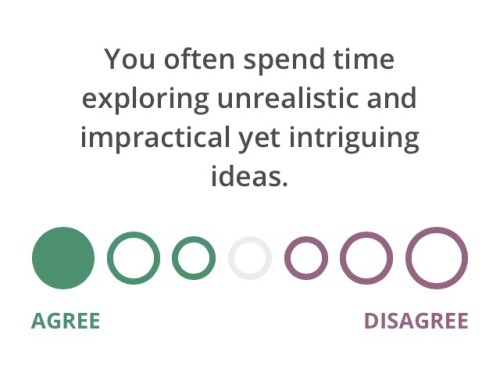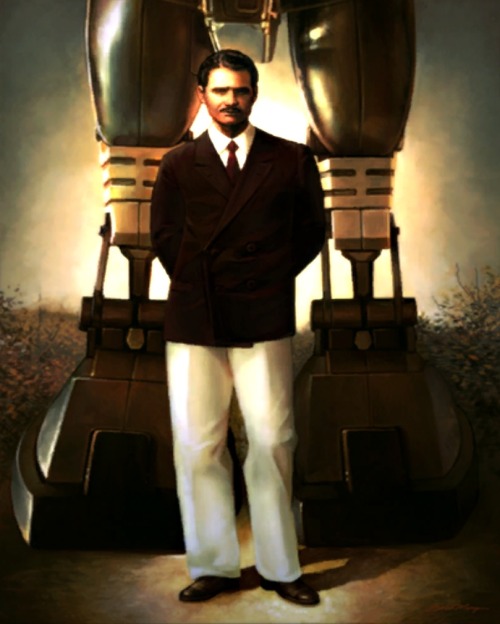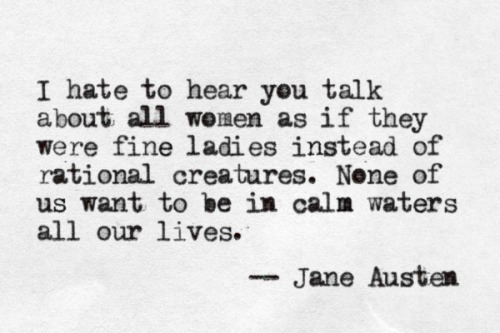#rational
For the aspiring Austro-Libertarian: what to read? #9
I thought I would recommend some of the not so well known but nevertheless mind-blowing journal articles that should be read by everyone in the movement, especially by those outside it. This is the ninth in a series of many.
On Certainty and Uncertainty, Or: How Rational Can Our Expectations Be?by Hans-Hermann Hoppe
So many pure gems, I have avoided as many spoilers as possible.
- I - …It is possible to imagine a world characterized by complete certainty…
- II - …The idea of certain knowledge requires, as its logical counterpart, the idea of uncertainty…
- III - …Nothing about the external, physical world is or can be known with certainty-except for those rather abstract but universal and real things that are already implied in the certain knowledge of acting and action…
- IV - …Our practical certainty concerning future outcomes and events extends even further…
- V - …If pressed sufficiently hard, of course, Lachmann and his followers would probably admit the undeniable and, as if all of this did not matter, quickly move onto another problem…
- VI - …They would agree only on one consequence: that there exists a categorical difference between the logic of the natural sciences and that of the social sciences. Indeed, it follows from the recognition of man as a learning actor that the (still) dominating positivist (or falsificationist) philosophy, which assumes that all (empirical) sciences follow the same method-a uniform logic of science-is self-contradictory…
- VII - …As already indicated in section I1 above, the fundamental logical error involved in Lachmann’s reasoning consists in the fact that it does not follow from the proposition that human actors face an uncertain future that everything regarding our future must be considered uncertain….
- VIII - …Even if the existence of a logic of action-praxeology-is admitted, as it must be, it does not follow that the knowledge provided by it can render our future certain. Praxeology allows us to predict with certainty some future events and aspects of the world of human actions, but its range of applicability is strictly limited. There are many events and aspects, and indeed far more of far greater practical significance, about which praxeology has nothing to say…..


Argument from Ignorance - Big Bang Theory
A [classic] argument from ignorance comes from the Big Bang. When I am asked what was around before the Big Bang, I say, “We do not yet know.” Often the reply is, “It must be something - it was surely God.” To go from “We don’t know” to “It must be God” is another example of an argument from ignorance. This kind of disconnect has no place in rational investigations, yet it perennially permeates the thoughts and statements of people who already know what they want to believe.
- Neil deGrasse Tyson in ‘Letters from an Astrophysicist’

I rarely know, on a deep level, why I make the decisions I do. Some reasons spring to mind as to why I chose to keep coding rather than arrive on time to a meeting this afternoon, or why I chose to buy myself a large, holographic Spiderman pin from a street vendor last weekend, but overall I find my own decision-making quite difficult to model.
Extending a model to predict the decisions of other people is perhaps ambitious, then, but in the spirit of George Box (“all models are wrong, but some are useful”) I wanted to share one that I’ve found useful lately. Thus:
Our decisions are mostly a function of our identities.
I don’t want to claim this as my own model. I first heard it expressed by Mark Weber, who has written very lovely papers on what he calls the “logic of appropriateness”. Rather than weighing pros and cons, or calculating expected utility, a logical decision is one that answers the subconscious question “What would a person like me do in a situation like this?”
This logic resolves some paradoxes created by rational models of choice. For example, I was surprised to learn that voting is considered a logical paradox in some circles. The paradox stems from the fact that a single vote is very unlikely to influence the outcome of an election. Therefore, the bother of heading down to the polls ought to outweigh the utility of hardly-at-all affecting the results and everyone should stay at home. But then, if everyone stays at home, a single vote suddenly starts to have a lot of power and we should all dash out again!
Now, I don’t see tides of people flowing back and forth between home and the ballot boxes, so clearly “calculated utility of influencing election results” is a poor model. This is confirmed by studies showing that one’s perceived influence only plays a small role in explaining turnout.
One well-studied resolution to the paradox of turnout models voting as an expressive action: expressing our preferences affirms our identities, which makes us feel good, and so we go vote. Adding in the identity factor, we find that the logic of appropriateness resolves the paradox.
Setting aside the concerns of rational choice theorists, I believe this model can be useful on a quotidian scale. My friend Malcolm recently wrote a post in which he described his effort to understand why an artist had to cover his tie-dye designs with a “Berkeley” brand in order to sell them. He concluded that most people didn’t have room in their identity for “wears neon green tie-dye” but could make room for “wears Berkeley shirt, which is tie-dyed in true Berkeley style”. This gave him a pretty good explanation for the artist’s choice.
I’ve been able to use the identity model to make better decisions, despite, as mentioned at the start, lacking a good general sense of why I decide the way I do. You see, my reflexive answer to the titular question often runs along the lines of “a person like me would scroll through Tumblr and eat pastries” (this is apparently a good response to most situations).
By making the question conscious instead of subconscious, I find it easier to dismiss that response as what dopamine or “moment-me” is deciding. Meanwhile, I’m trying to identify more with what I call “meta-me”, the part of my identity that persists beyond spikes in fun neurotransmitters. “Meta-me” is more likely to respond to my life with actions such as, um, finishing up the quizzes for my Coursera course before their looming deadline.
In the past, I’ve often responded to akrasia with guilt, but I find it much more convincing to say “no, a person like me wouldn’t choose to do this, I should stop”. When I ask myself “what would a person like me do in a situation like this?” and then respond with an action that I like, I’m also conditioning my internal logic of appropriateness to make better decisions.
Although my model of decision-making still needs plenty of revision, I feel like the logic of appropriateness is more powerful than any other model I’ve tried.
Stop trying to rationalize it…
You put yourself
In an absolutely shitty situation
Sticking with someone that was so toxic.
There was nothing rationale about it…
Especially when it comes to love.
You’ll do stupid shit
Just to prove a point.
More importantly…
You’ll do stupid shit
Just to show how much
You really care.
Loving can be a gamble.
But it’s the experiences we face
That’ll help us better our odds
The next time we decide
To put our chips down.
… Stop trying to rationalize it.







